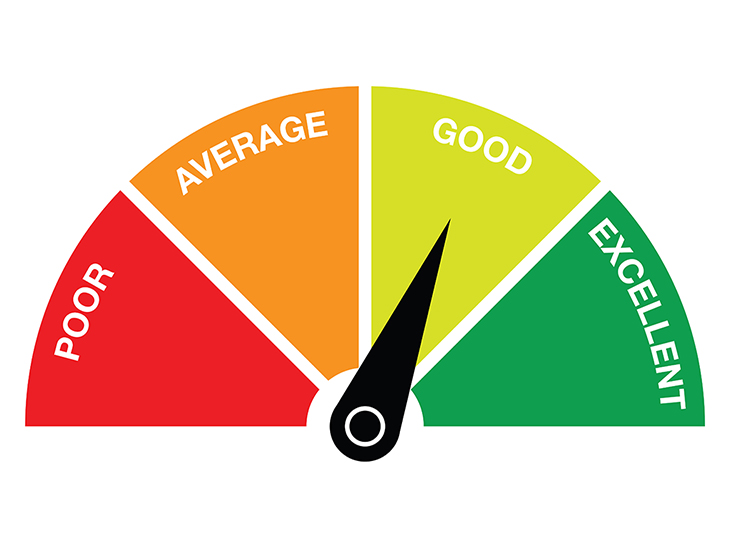Whenever you apply for any type of credit, be it a car loan, mortgage or a personal loan, it’s mandatory for lenders to perform what’s known as a “credit search” on your Credit File.
This is to help determine whether or not you’re likely to repay your loan, and if they are willing to lend to you as a result.
As part of the credit search, lenders will examine your credit history for details which indicate how likely you are to repay the money you’re looking to borrow.
For example, if you’re making regular payments towards your bills this would be a good indicator, however any late payments or outstanding debts will raise alarm bells for lenders.
There are two main types of credit searches, “soft credit searches” and “hard credit searches” and understanding the two is important if you wish to maintain a healthy Credit Score.
So, sit back with your cup of coffee, and we’ll explain from the top - all you need to know about credit searches.
Soft credit search
A soft credit search is sometimes referred to as a “soft check” or a “quotation search”, and it effectively provides lenders with a glimpse of your credit file, without conducting a full search.
Some lenders and brokers (including Creditplus), will perform a soft-search to check your eligibility for credit, before initiating a full search.
Credit card or insurance companies also use soft searches to carry out routine checks to assess your credit situation, and when you request your credit score or Credit Report, this also involves a soft search.
The main benefit of soft searches is they leave no trace on your credit file, and there is no limit to the number of soft credit searches you can request. However, this is not true for hard credit searches.
Hard credit search
When a lender performs a full search on your credit file, this is known as a hard credit search. Unlike a soft credit search, a hard credit search will leave a mark on your credit file which can have a negative effect on your credit score.
It’s impossible to say how much of an impact a hard search will make as it varies among different credit agencies and is relative to the individual's credit history, however it averages around 5 points per search.
Once a hard search has been conducted, it will be visible on your credit file for 2 years and can be seen by any prospective lenders during this time.
Keeping control of your credit searches
Hard searches can inflict damage on your credit score – yes. However, there are many other factors that affect your credit score with a much greater significance (e.g. missed payments or CCJs), and as long as you treat hard searches with respect, the impact will only be minimal.
How to avoid hard search penalties

1. Don’t apply for too much credit
To avoid unnecessary penalties, you should only apply for credit when you really need it.
Infrequent searches will do little damage, however, if you trigger multiple hard searches by making lots of credit applications within a short space of time the effects can be more serious.
This is because lenders view multiple credit applications as a sign you are “desperate” for credit, and you may be struggling financially.
If you are having trouble with bills and existing credit repayments, you are best off seeking help from a money advice service such as Citizens Advice or The Money Advice Service, instead of attempting to borrow more credit.
2. Keep track of your credit report
If you have access to your credit report, you’ll be able to see a listing of every hard search within the past 12 months.
This will ensure you don’t make too many applications within a short space of time, reducing the chances of negatively impacting your credit score.
You can request copies of your credit report through the main credit bureaus’; Equifax, Experian and TransUnion.
3. Look for soft-credit searches
As mentioned above, soft-credit searches do not affect your credit score so try and focus your applications towards companies that offer soft-searches.
This way you can find out the likelihood of getting accepted before a full search is performed and leaves a mark on your credit file. And if in doubt, don’t be afraid to ask them. After all – it’s your score at stake.
For more tips on improving your credit score, visit How To Improve Your Credit Score - And Maintain It.
Apply today
When you apply for car finance with Creditplus, we run a soft search on your credit profile to check your eligibility.
If you meet our minimum lending criteria, we'll proceed to match you with a lender. At this point, we'll ask for your consent to conduct a hard credit search. But don't worry, we only hard search once we're confident you're eligible for car finance.
So, if you want to check your eligibility without affecting your credit score, simply apply today and a member of our team will be in touch.





 Facebook
Facebook Twitter
Twitter Instagram
Instagram LinkedIn
LinkedIn Youtube
Youtube